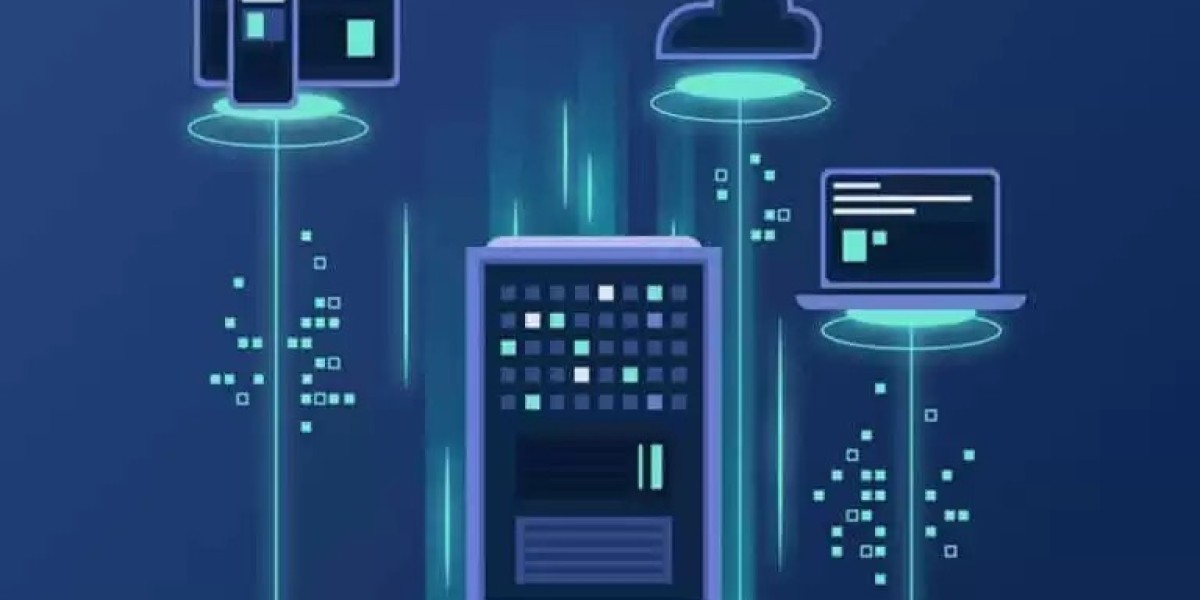The Internet of Things (IoT) has emerged as a transformative force in the digital landscape, revolutionizing how businesses operate. IoT app development is at the forefront of this transformation, enabling the creation of applications that connect and manage a vast array of devices. By harnessing the power of IoT, companies can streamline processes, enhance productivity, and unlock new revenue streams. In this article, we will explore how IoT app development is changing the way businesses function across various sectors.
Understanding IoT and Its Significance
Before diving into the specifics of IoT app development, it's essential to understand what IoT is. The Internet of Things refers to the network of interconnected devices that communicate and exchange data over the internet. Simple domestic objects to intricate industrial machinery can be included in this category of devices. The significance of IoT lies in its ability to collect and analyze data in real time, enabling businesses to make informed decisions and automate processes.
Key Benefits of IoT App Development
- Enhanced Efficiency and Productivity
One of the most significant advantages of IoT app development is the enhancement of efficiency and productivity. By integrating IoT applications into business operations, organizations can automate repetitive tasks, reduce manual intervention, and optimize workflows. For example, a manufacturing company can use IoT-enabled sensors to monitor equipment performance, automatically triggering maintenance alerts when necessary. This proactive strategy guarantees seamless operations and reduces downtime.
- Data-Driven Decision Making
IoT app development facilitates the collection of vast amounts of data from connected devices. This data can be analyzed to gain insights into customer behavior, operational performance, and market trends. Businesses can use these insights to make data-driven decisions that improve their strategies and operations. For instance, a retail company can analyze customer shopping patterns through IoT data to optimize inventory management and enhance customer experience.
- Improved Customer Experience
IoT applications can significantly enhance the customer experience by providing personalized services and real-time information. For example, in the hospitality industry, hotels can use IoT-enabled applications to offer personalized experiences to guests, such as room temperature control and personalized recommendations. This degree of personalisation increases consumer happiness and strengthens brand loyalty.
- Cost Savings
Investing in IoT app development can lead to substantial cost savings over time. By automating processes and improving operational efficiency, businesses can reduce labor costs and minimize waste. Additionally, IoT applications can help companies monitor energy consumption and optimize resource usage, leading to lower operational costs. For example, smart building technologies can adjust lighting and heating based on occupancy, significantly reducing energy expenses.
- Remote Monitoring and Control
IoT app development allows businesses to monitor and control their operations remotely. This capability is particularly valuable for industries like agriculture, healthcare, and logistics. For instance, farmers can use IoT applications to monitor soil moisture levels and crop health from their mobile devices, enabling them to make timely decisions regarding irrigation and fertilization. Similarly, healthcare providers can remotely monitor patients' vital signs, improving patient care and reducing hospital visits.
Challenges in IoT App Development
While the benefits of IoT app development are substantial, businesses must also navigate several challenges:
- Security Concerns
There is a greater chance of cyber dangers as the number of linked devices rises. Ensuring the security of IoT applications is paramount. Companies must implement robust security measures, including encryption, secure authentication, and regular software updates, to protect sensitive data and maintain user trust.
- Interoperability Issues
The IoT landscape consists of various devices and platforms that may not always communicate effectively with one another. Ensuring interoperability among different systems is essential for seamless integration. Businesses should consider using standardized protocols and APIs to facilitate communication between devices.
- Data Privacy Regulations
As businesses collect and analyze more data, they must also comply with data privacy regulations such as GDPR. IoT app development must prioritize user privacy, incorporating features that allow users to control their data and providing transparency about data usage.
The Future of IoT App Development
The future of IoT app development looks promising as more businesses recognize the potential of IoT technologies. As advancements in artificial intelligence (AI) and machine learning (ML) continue, IoT applications will become even more intelligent and capable. For example, predictive analytics will enable businesses to anticipate equipment failures before they occur, further enhancing operational efficiency.
Moreover, as 5G technology becomes more widespread, IoT applications will benefit from faster data transmission and improved connectivity. This will unlock new opportunities for real-time applications in various sectors, including healthcare, transportation, and smart cities.
Conclusion
In conclusion, IoT app development is revolutionizing business operations by enhancing efficiency, enabling data-driven decision-making, and improving customer experiences. While challenges such as security and interoperability exist, the benefits far outweigh the obstacles. As IoT technology continues to evolve, businesses that embrace IoT app development will be well-positioned to thrive in an increasingly connected world. By leveraging the power of IoT, organizations can unlock their full potential and drive innovation in their operations.








